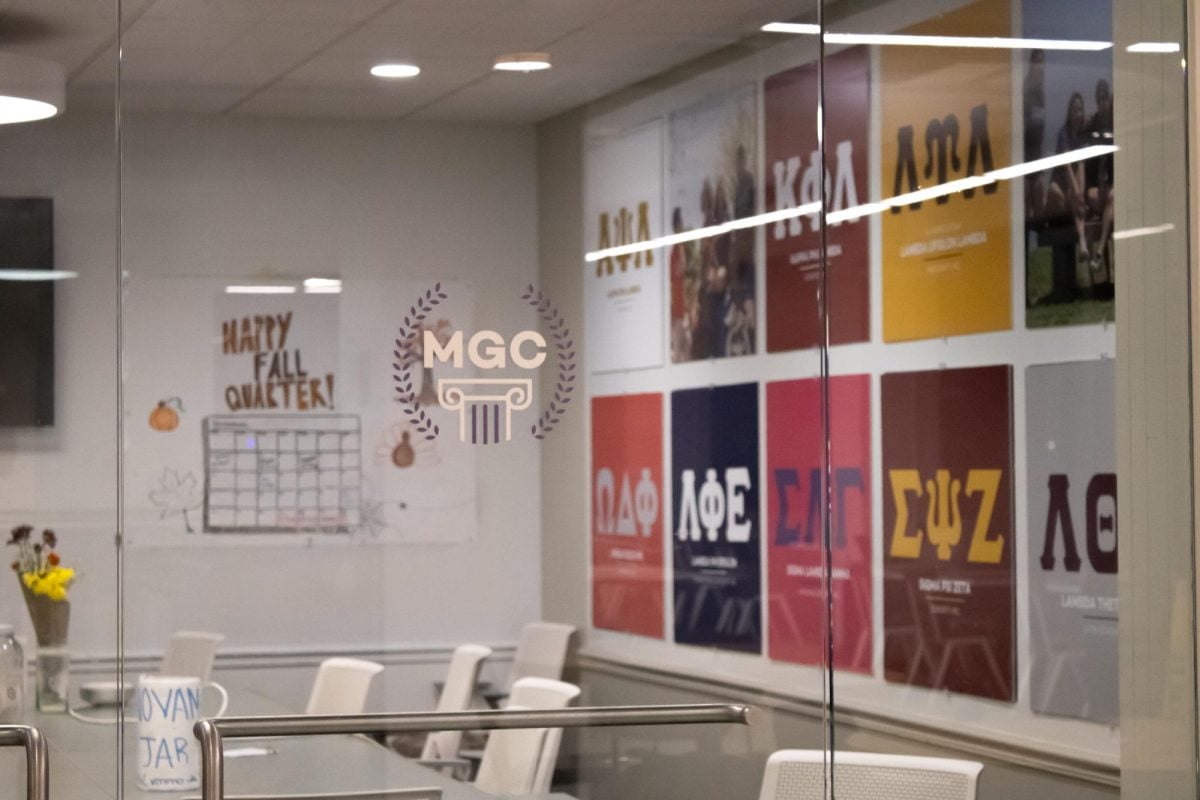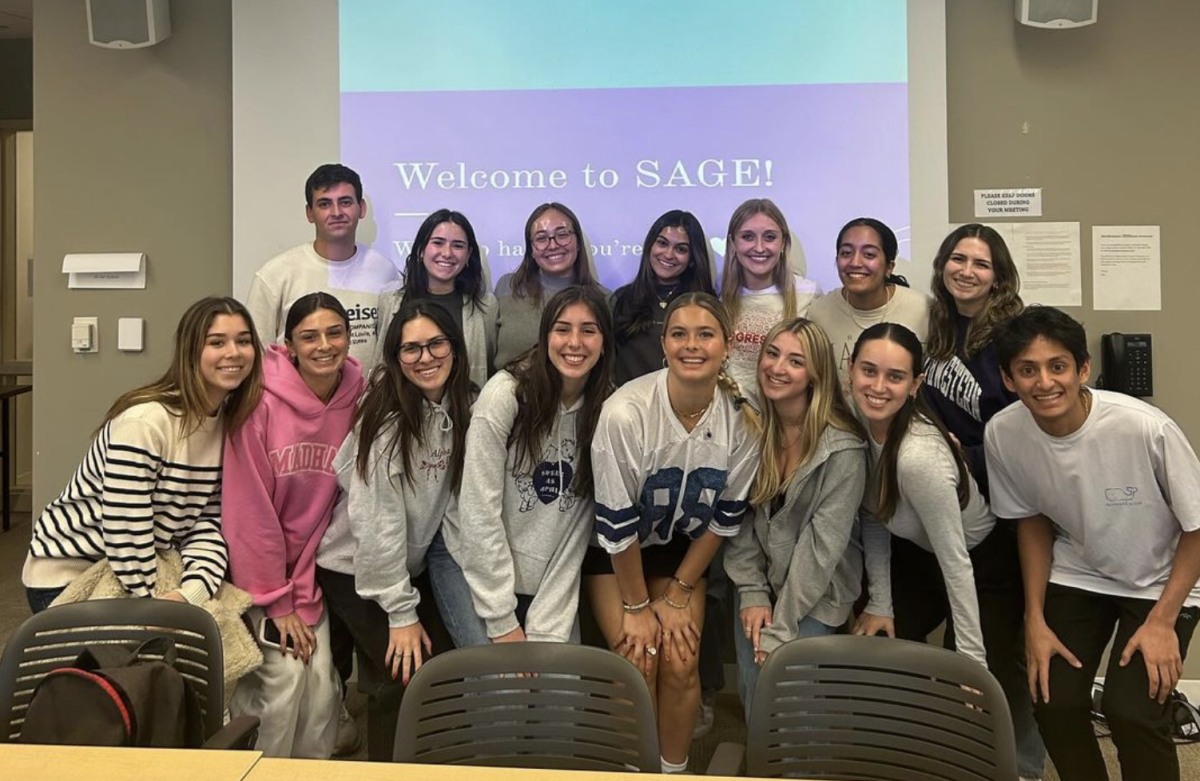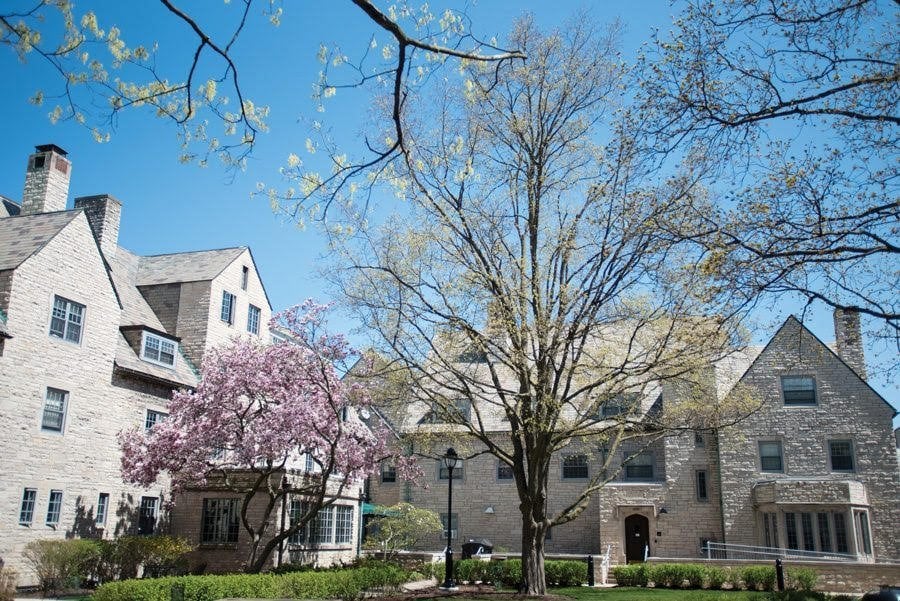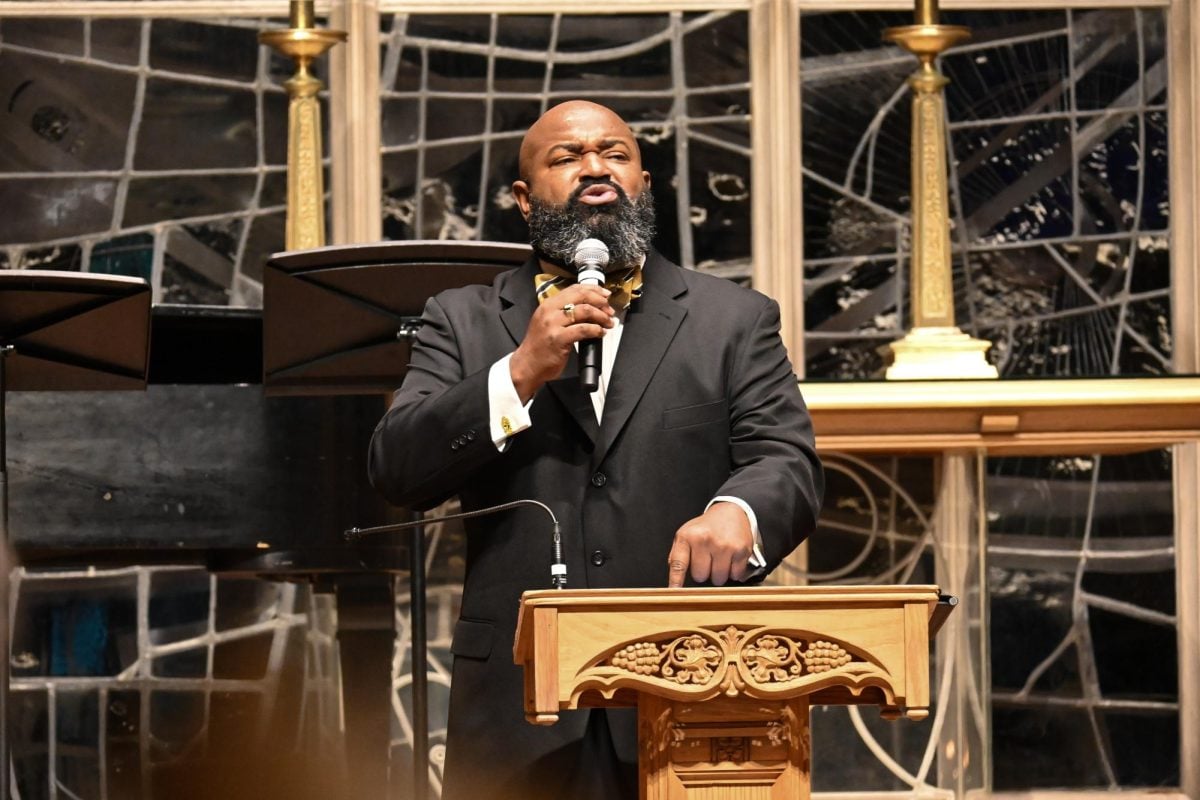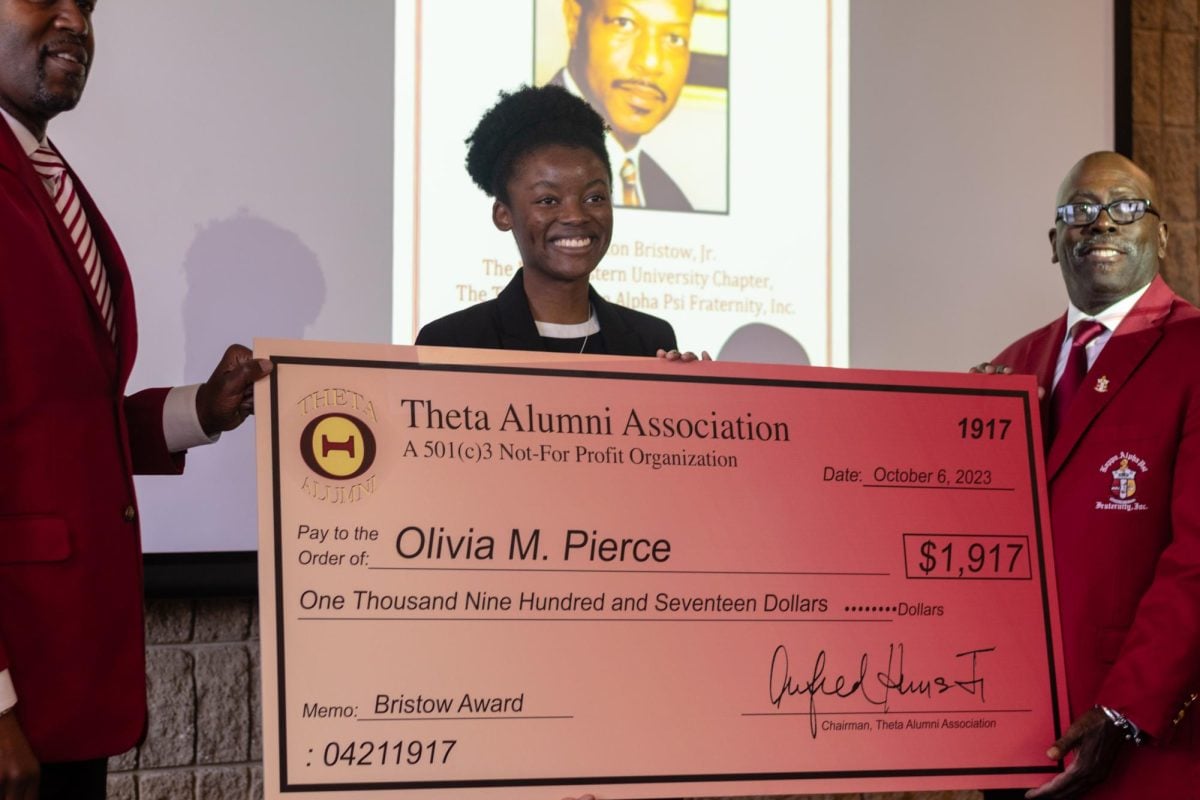The Associated Student Government approved less than its recommended supplemental winter funding for B-status student groups at the Senate meeting Wednesday, a decision that ASG officials say reflects confusion about a new funding system.
The funds approved by the Senate totaled less than the amount recommended by the Student Groups Committee after a number of groups were made ineligible for their suggested funding because of financial misconduct, said Weinberg junior Lauren Masterson, vice president of the SGC.
B-status groups originally requested a total of $28,784, according to the Student Groups Committee’s Winter Funding 2012 report. The committee recommended that $10,054 go to these organizations, Masterson said.
By the end of the meeting, Senate had $770 left in the pool because financial misconduct disqualified some groups for funding. This extra money will go into next quarter’s pool.
The misconduct, Masterson said, mostly stemmed from misunderstanding of the application process rather than misappropriated funds.
“A lot of them didn’t know how ASG funding works,” she said of student groups.
Before last academic year, the SGC recommended allocations for money left over from the previous pool annually. Now, supplemental funding occurs every quarter. Organizations unfamiliar with this change or how funding functions made spending mistakes and therefore lost their stake in the supplemental pool. Groups cited for financial misconduct are automatically ineligible for funding in the next quarter, Masterson said.
The committee has yet to publicly release which groups were cited for financial misconduct. Masterson said she met with the groups individually before Senate to discuss the issue.
Communication junior Christopher Herr, Asterik treasurer, said ASG cited the group for financial misconduct because it did not submit its voucher for rollback money – clubs can retain unspent funds after each quarter – on time. Herr said he had been unaware of a deadline for turning in the necessary paperwork. After hearing Herr out, however, ASG agreed to return the rollback money.
“From their side of things, they’re in a very tough position,” Herr said. “I was actually behind the idea of moving to a quarter system. I think it actually causes less money to be lost … The issue they’re having now is it’s kind of a brand new system and they’re still working out the errors.”
Groups accused of financial misconduct could still appeal to the Senate for supplemental funding for next quarter. Asterik, The Jewish Theatre Ensemble and Purple Crayon Players all asked for additional funding Wednesday, a move Masterson supported after explaining the circumstances to the senators.
Asterik received $100 of the $300 Herr requested to pay for its winter show venue.
Senators voted to give Purple Crayon Players $150 of the originally requested $350 for equipment storage during the winter. Senate also granted The Jewish Theatre Ensemble $150 for storage.
At Senate, Communication sophomore Gavi Keyles, business manager of The Jewish Theatre Ensemble, said the group accidentally spent its allocated money out of the wrong line item this quarter.
“We had a very similar situation to Purple Crayon Players,” Keyles told Senate. “We weren’t aware of the transfer situation.”
Keyles declined to comment further on the details of the group’s financial misconduct.
B-status groups receive less than 2 percent of the total ASG budget, Masterson said. The A-status groups account for more than 97 percent of funds. This discrepancy, Masterson said, gave the SGC little flexibility.
“Where it was lost in translation or a bad transition, we tried to help,” she said. “But due to how small the funding pool is, we weren’t able to accommodate these constraints.”
Masterson said she acknowledged the disorder surrounding funding, but said ASG will try to make the process easier and clearer moving forward.
“I’m working on making my committee better and more transparent, but obviously that can’t happen in a quarter,” she said. “I am really open to suggestions on how to implement the funding system to make it better, and that will be the focus of winter quarter.”
Still, Herr praised Masterson for keeping the funding process transparent. The problem, he said, lies in communication among ASG, the Student Organization Finance Office and student groups, especially given the “kinks” inherent in the new system.
“It really comes down to how underwhelming SOFO training is,” Herr said. “Any treasurer will tell you transition is hell.”
